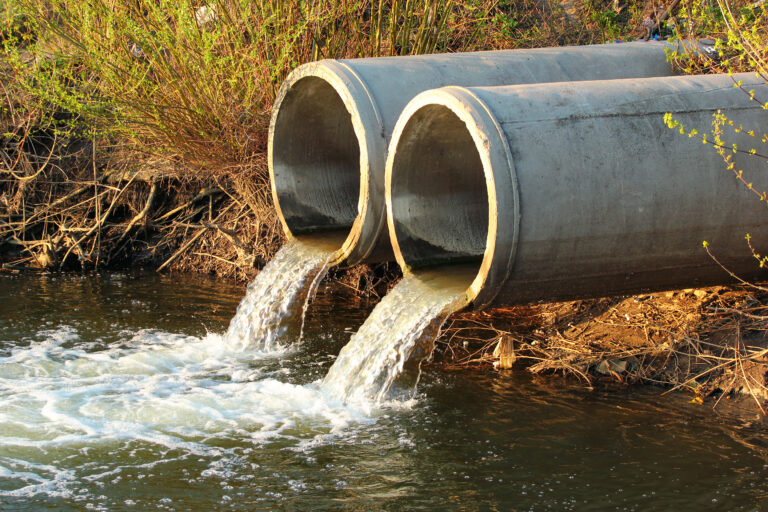✓ No hidden fee simple contract dumpster rentals
✓ Get a quote now, call 816-429-3841
✓ Customer friendly experienced staff
✓ Fastest service in Missouri and beyond
✓ Join hundreds of satisfied customers
✓ Your mess will be gone in no time
At the confluence of Kansas and Missouri, Kansas City has experienced rapid industrial development. Unfortunately, this development has come at a price, and pollution is now a major issue.
Sources of Pollution
Industrial activities
While contributing significantly to local economic growth, Kansas City’s industrial sector has also been a major source of pollution. During industrial processes, heavy metals, solvents, and other harmful compounds are created and may wind up in the soil and water supplies. Improper disposal practices and accidental spills from factories and manufacturing plants can contaminate the surrounding areas. For instance, leakage from underground storage tanks, such as those used for petroleum products, can introduce pollutants into the soil and nearby groundwater.

Urbanization and infrastructure development
As Kansas City has experienced urban growth, the expansion of infrastructure has led to increased soil and water pollution. Construction activities generate sediment runoff, carrying pollutants like construction debris, sediment, and chemicals into water bodies. Poorly managed construction sites and inadequate erosion control measures exacerbate the problem, allowing pollutants to enter the waterways.
Agricultural practices
Kansas City’s surrounding regions are known for their agricultural productivity. However, intensive agricultural practices have contributed to soil and water pollution. The excessive use of fertilizers, pesticides, and herbicides on farms can result in runoff and leaching, contaminating nearby water bodies. Furthermore, improper disposal of animal waste from livestock operations can introduce harmful pathogens and excess nutrients into the environment.
Environmental Impacts
Soil contamination
Pollution in Kansas City’s soil has detrimental effects on both terrestrial and aquatic ecosystems. Heavy metals, petroleum products, and industrial chemicals can accumulate in the soil, rendering it infertile and unsuitable for agriculture. These contaminants can also be absorbed by plants, entering the food chain and posing risks to human health. Furthermore, soil pollution can disrupt the balance of microorganisms and soil fauna, essential for healthy soil ecosystems and nutrient cycling.
Water contamination
Water pollution is a significant concern in Kansas City due to its impact on drinking water sources, aquatic life, and recreational activities. Contaminants from industrial processes and urban runoff can infiltrate groundwater, potentially contaminating wells and other water sources. Surface water bodies, such as rivers and lakes, can also suffer from pollution, impacting aquatic ecosystems and biodiversity. High levels of pollutants, including heavy metals and nutrients, can lead to eutrophication, harmful algal blooms, and the decline of fish and other aquatic organisms.
Mitigation and Solutions
Regulatory measures
Stringent regulations and enforcement are crucial to addressing pollution issues in Kansas City. Local and state authorities need to implement and enforce policies that promote responsible industrial practices, proper waste management, and pollution prevention strategies. Regular monitoring and inspections can help identify non-compliant entities and ensure timely corrective measures.
Public awareness and education
Raising awareness about the importance of pollution prevention and sustainable practices is vital. Educational campaigns targeting industries, farmers, and the general public can promote best practices for waste management, conservation, and pollution reduction. Encouraging the adoption of eco-friendly technologies and incentivizing sustainable practices can help minimize pollution levels in the long term.
Pollution, particularly soil and water contamination, poses significant challenges in Kansas City. The diverse sources of pollution, ranging from industrial activities to urbanization and agricultural practices, necessitate comprehensive strategies to mitigate the environmental impacts. Regulatory measures, public awareness campaigns, and conservation efforts are essential components of the solution.
✓ No hidden fee simple contract dumpster rentals
✓ Get a quote now, call 816-429-3841
✓ Customer friendly experienced staff
✓ Fastest service in Missouri and beyond
✓ Join hundreds of satisfied customers
✓ Your mess will be gone in no time